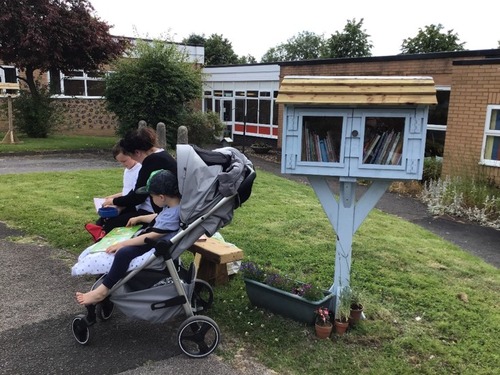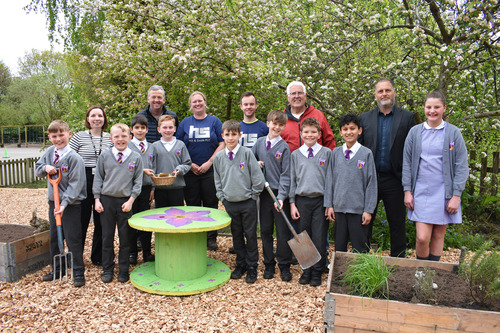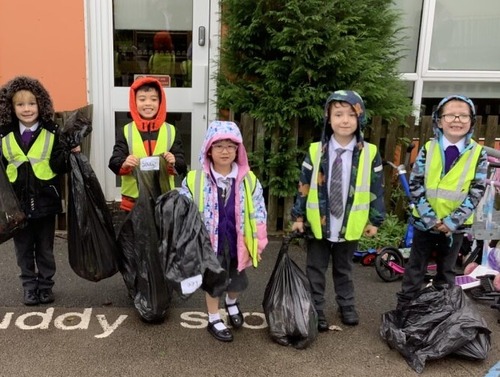Greener Solihull School Awards
The awards are an annual celebration of the incredible breadth of climate action taking place in Solihull schools.
Open to all schools in the borough, the awards challenge pupils and teachers to learn more about the environment both locally and globally, and strive to make their school more eco-friendly.
For schools looking to take part, a leaflet, awards pack and application can be downloaded below. If you cannot access them, please email slardner@solihull.gov.uk.
- Awards leaflet
- Awards application Level 1
- Awards application Level 2
- Awards application Level 3
- Awards application Level 4
The 2024 awards were attended by 13 winning primary schools. Read more about the 2024 awards or learn more about some of the winning schools and the actions they are taking in the case studies below:


